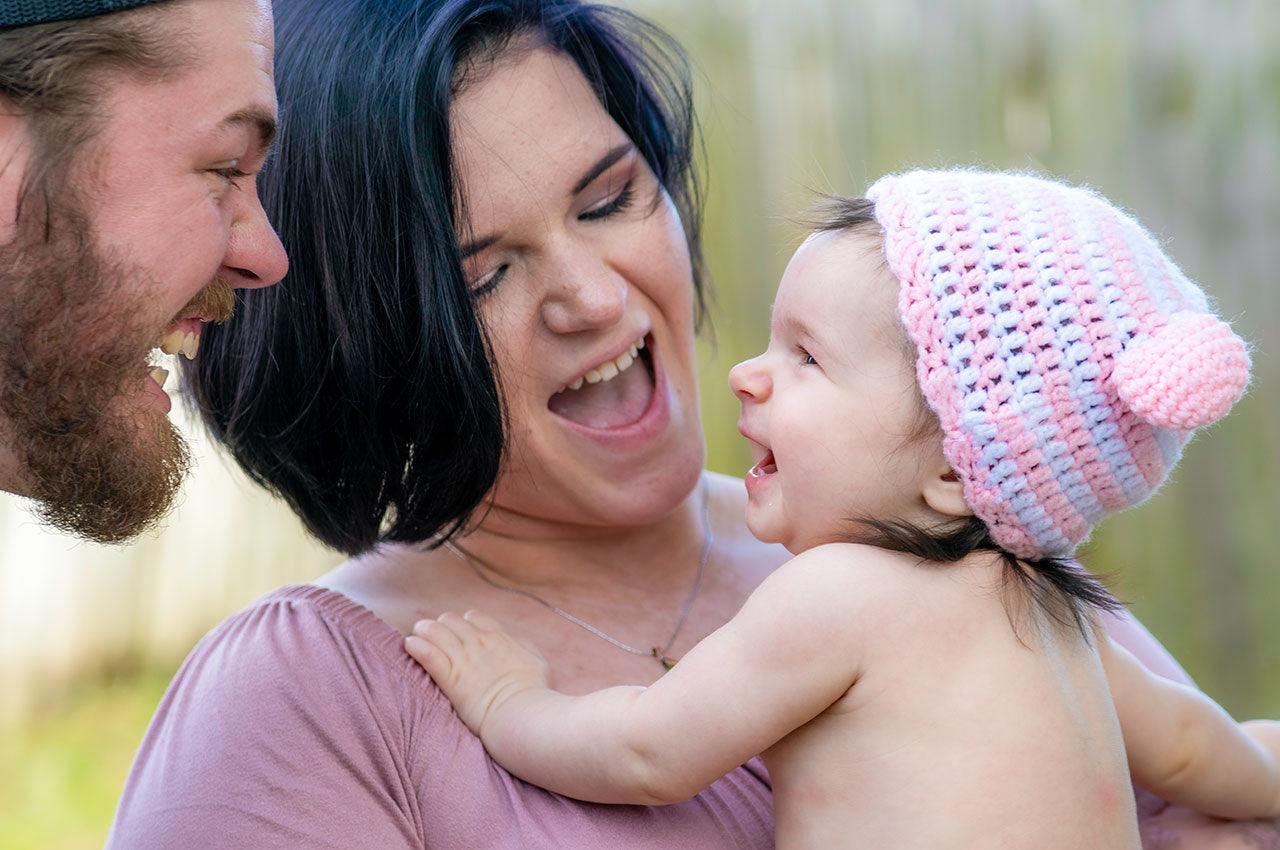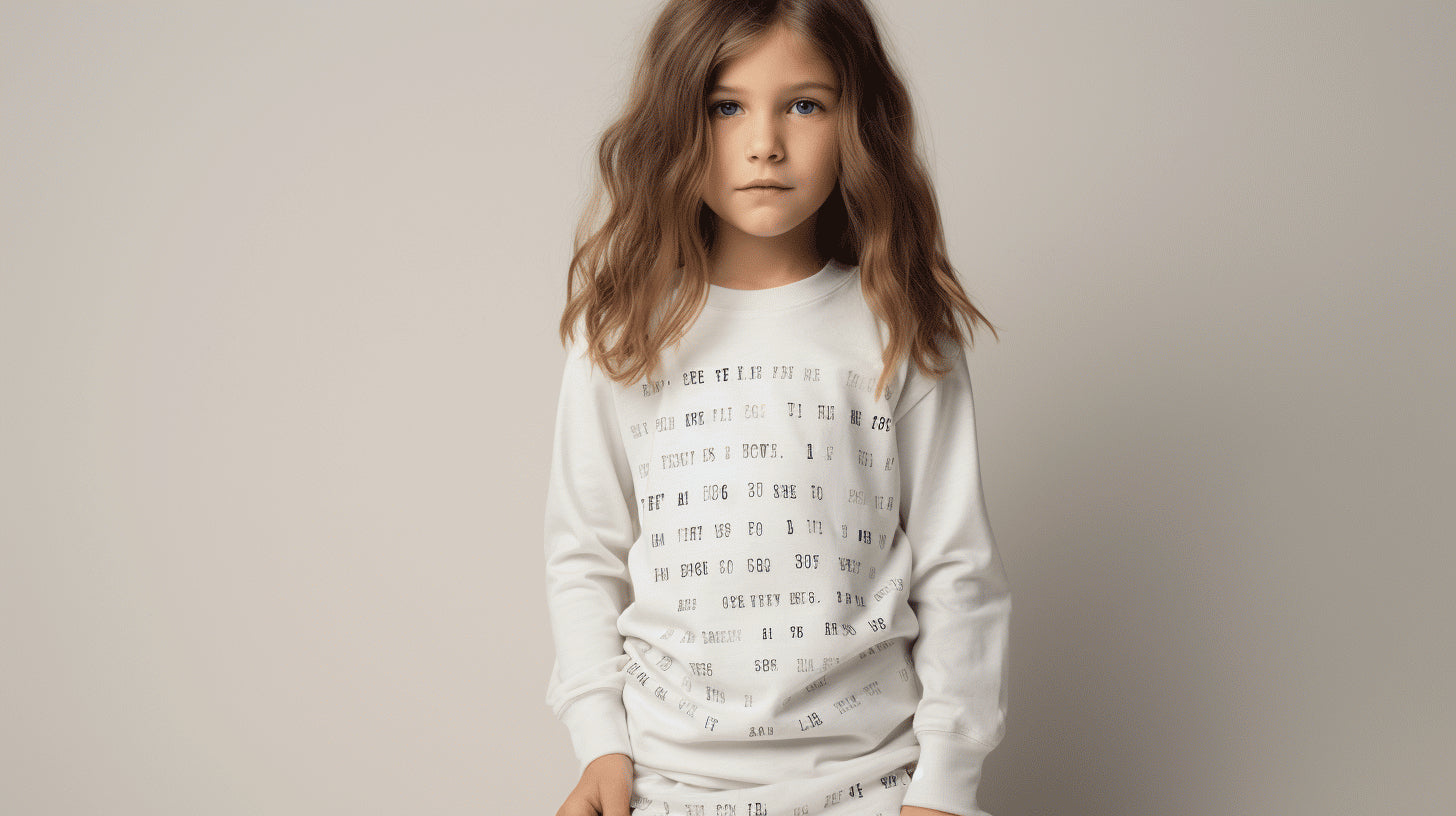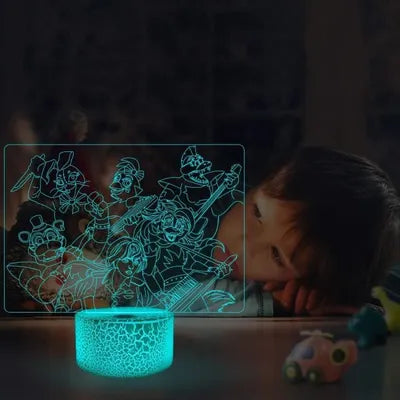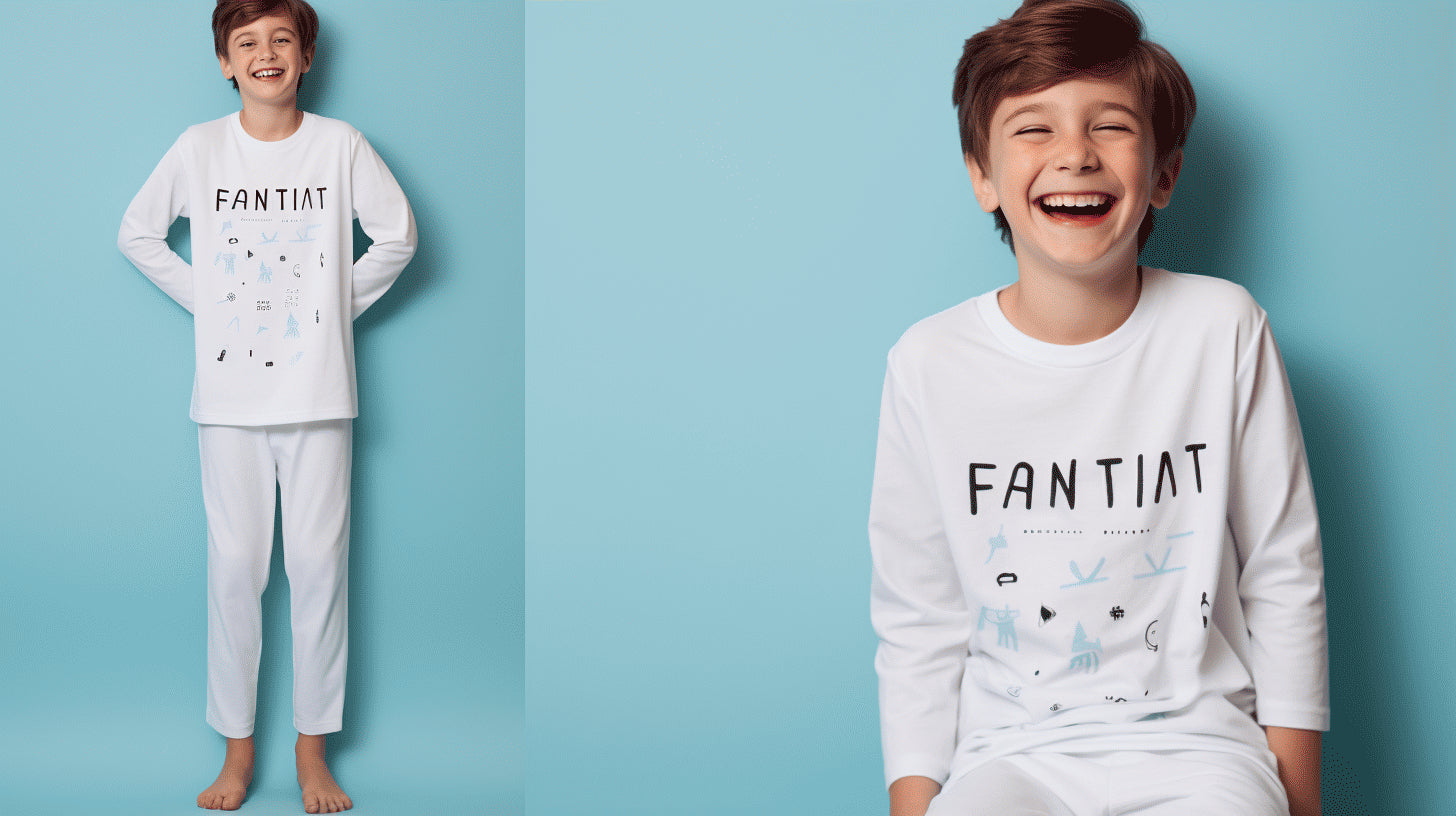Until now, your baby's primary means of communication has been crying. But fortunately, he will soon take a big step forward in language development , which will improve his ability to express himself in words. But just as he must crawl before he walks, he must jabber before he speaks.
According to Sherry Artemenko, speech pathologist and founder of Play on Words. "Babbing is an important milestone because it represents the beginning of true communication, when a baby begins to experience sounds, listen for reaction, react and build social relationships."
Keep reading to find out when most babies start talking and how to improve language development.
Baby language learning and development
When your baby begins to "talk", he's displaying his budding language skills. Of course, you have no idea what he's saying, but this gibberish will eventually lead to real words. His chatter also gives you insight into his cognitive development, as he memorizes and repeats sounds, takes time to think about what he wants to "say", and learns to use verbal and non-verbal actions to express his desires and feelings. needs.
Babbling also has a social component. Long before he says a word, your baby learns the rules of language and socialization by watching you. He sees how you react to his sounds and he observes how you take turns talking with your interlocutors. Babies are able to learn language and imitate the way others verbally engage with them.
My baby talks! Stages of verbal development in babies
Your baby's verbal skills will progress in stages as his vocal mechanism develops and he gets closer and closer to his environment. First, vowel-like sounds at birth turn into small moans by 2 or 3 months of age. Babbling begins around the age of 4 months.
Early chirps often include "p", "b", and "m" sounds, which are produced by simply bringing the lips together, so you'll hear a lot of "pah pah pah", "bah bah bah" and "mah" sounds. mah mah" at the beginning.
Here are some ways to support your baby's speech and language development:- Talk to your baby using simple words .
- Pause after you say something so he has time to process your sentences and "respond."
- Use different tones and syllables when you speak so he tries to imitate you and learn new sounds.
- Try to understand your baby. If he says "ma ma ba ba" while looking around, you could say to him: "Oh, you're looking for your bottle? Where did the bottle go?"
"Research shows that the amount of words spoken to a baby has a positive effect on language development," Artemenko says, so use appropriate words to talk, read and sing to your baby.
At what age does a baby speak? When do they say their first word?
Once your baby has practiced using her lips and tongue to make sounds, usually around 6 or 7 months , her stammering sounds become more like words. You will hear a wider variety of sounds, like "ba ba-pa-ta-bi-bi-bi".
You may feel like your little one is making random sounds, but if you listen carefully, you'll notice changes in pitch and inflection as he speaks. His voice may rise after a series of chatters, as if asking a question, or he may mumble under his breath after Aunt Nani kisses his cheek.
You will also notice that your child may stop after saying what he is thinking, seeming to wait for a response. He learns that a conversation is a back-and-forth, not just one person talking.
Do not focus on what your baby "says" but rather on how he says it ; if his words aren't clear, his facial expressions and body language may do the trick. For example, a big smile and jumping up and down while he's "talking" probably means he's sharing some exciting news. On the other hand, if he frowns and points at you using a high-pitched voice, he's probably trying to scold you for doing something stupid!
When do babies start speaking clearly and fluently? “ Towards the end of her first year , your baby stammers in long strings of varying short syllables, using an intonation and rhythm that mimics that of an adult,” says Artemenko. This jargon stage is a precursor to pronouncing first words, which usually occurs around your child's first birthday. Wondering what that first magic word could be? "Dad", "mom", "vroom vroom" are common words. Find out how babies learn to talk here
When should I consult a doctor for my child?
Remember that children develop skills at different times. As long as your baby's talkativeness is progressing and he's engaging with you and others, there's probably nothing to worry about. But if his speech and language development stops or regresses at some point, if he doesn't talk or make eye or body contact, or if words don't appear until he's 15 months old, make an appointment with your pediatrician and a speech therapist. Also call the local public school at any age, because the earlier a child gets help with a speech or language problem, the better.









